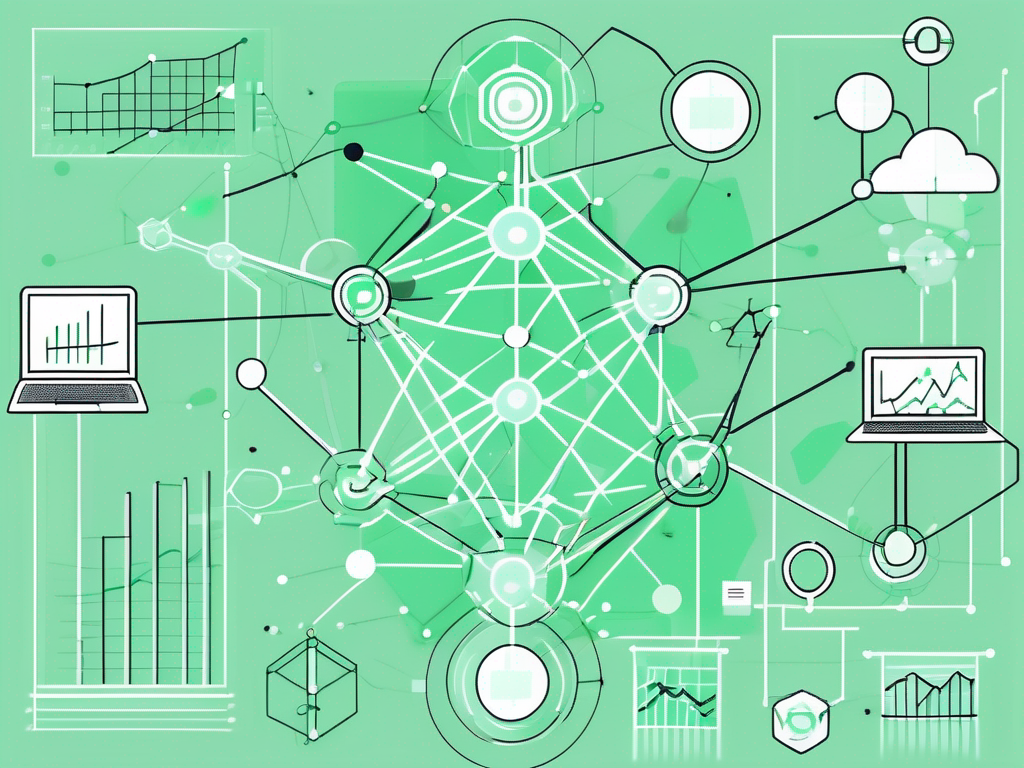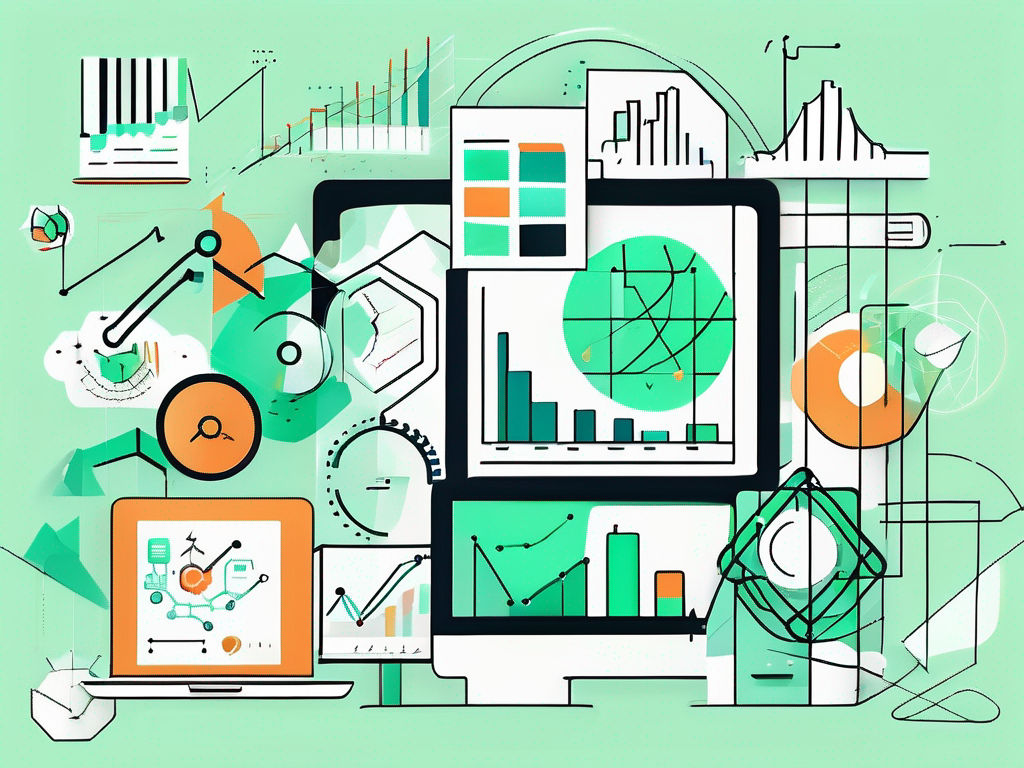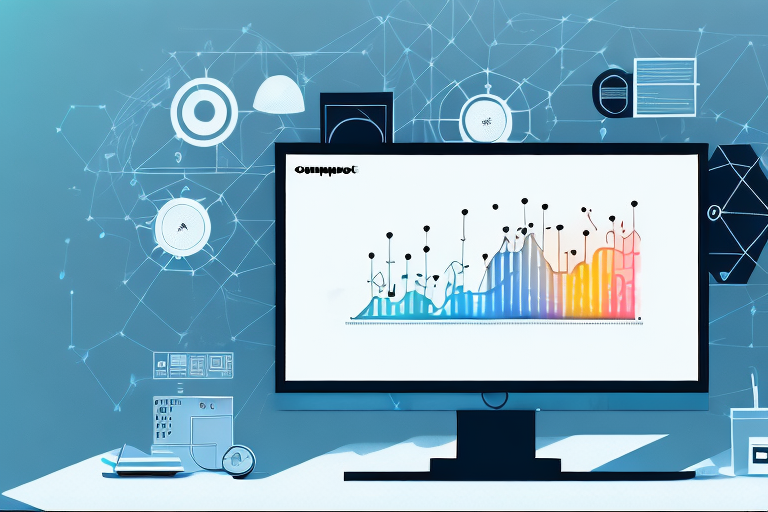.svg)
AI Agents in Advertising: Smarter Campaign Management
.svg)

In the ever-evolving landscape of digital marketing, the integration of artificial intelligence (AI) has revolutionised the way advertising campaigns are managed. AI agents, with their ability to process vast amounts of data and make real-time decisions, are transforming traditional advertising strategies into more efficient and effective campaigns. As businesses strive to reach their target audiences with precision and creativity, AI agents offer a smarter approach to campaign management, enhancing both the planning and execution phases. This exploration delves into the multifaceted role of AI in advertising, highlighting its impact on campaign management and the future of marketing.
The Role of AI Agents in Advertising
Automating Campaign Processes
AI agents are adept at automating various aspects of advertising campaigns, from initial planning to execution and analysis. By leveraging machine learning algorithms, these agents can handle repetitive tasks such as bidding on ad spaces, optimising ad placements, and adjusting budgets in real-time. This automation not only saves time but also reduces the likelihood of human error, allowing marketers to focus on strategic decision-making and creative development.
Furthermore, AI agents can continuously monitor campaign performance, providing insights and recommendations for improvement. This real-time feedback loop enables marketers to make data-driven decisions, ensuring that campaigns remain agile and responsive to changing market conditions. As a result, businesses can achieve better outcomes with less manual intervention, leading to increased efficiency and effectiveness.
Enhancing Targeting and Personalisation
One of the most significant advantages of AI agents in advertising is their ability to enhance targeting and personalisation. By analysing consumer data, AI agents can identify patterns and preferences, allowing marketers to tailor their messages to specific audience segments. This level of personalisation ensures that advertisements resonate with consumers, increasing engagement and conversion rates.
AI agents can also predict consumer behaviour, enabling marketers to anticipate needs and deliver relevant content at the right time. This predictive capability is particularly valuable in programmatic advertising, where AI-driven algorithms can determine the optimal moment to display an ad to a potential customer. As a result, businesses can maximise their return on investment by reaching the right audience with the right message.
Optimising Creative Content
In addition to targeting and personalisation, AI agents play a crucial role in optimising creative content. By analysing data on consumer interactions and preferences, AI can provide insights into which types of content are most effective. This information allows marketers to refine their creative strategies, ensuring that their advertisements capture attention and drive engagement.
AI agents can also assist in the creation of content by generating ideas, writing copy, and even designing visuals. This capability not only speeds up the creative process but also ensures that content is aligned with consumer preferences and brand objectives. As a result, businesses can produce high-quality advertisements that resonate with their target audience and achieve their marketing goals.
Implementing AI Agents in Campaign Management
Choosing the Right AI Tools
Implementing AI agents in advertising requires selecting the right tools that align with business objectives and campaign goals. With a plethora of AI solutions available, marketers must evaluate each option based on its capabilities, ease of integration, and cost-effectiveness. Key considerations include the tool's ability to process data, automate tasks, and provide actionable insights.
It is also essential to assess the tool's compatibility with existing marketing platforms and systems. Seamless integration ensures that AI agents can access the necessary data and resources to perform their functions effectively. Additionally, marketers should consider the level of support and training provided by the AI solution provider, as this can significantly impact the success of implementation.
Integrating AI with Existing Strategies
Once the appropriate AI tools have been selected, the next step is to integrate them with existing advertising strategies. This integration involves aligning AI capabilities with campaign objectives, ensuring that the technology enhances rather than disrupts current processes. Marketers must clearly define the roles and responsibilities of AI agents, establishing guidelines for their use in campaign management.
Collaboration between AI agents and human marketers is crucial for successful integration. While AI can handle data-driven tasks, human creativity and intuition remain essential for developing compelling campaign narratives. By combining the strengths of both AI and human expertise, businesses can create more effective and engaging advertising campaigns.
Measuring Success and Adjusting Strategies
Measuring the success of AI-driven advertising campaigns is vital for continuous improvement. Marketers should establish key performance indicators (KPIs) that align with campaign objectives, allowing them to assess the effectiveness of AI agents in achieving desired outcomes. These KPIs may include metrics such as click-through rates, conversion rates, and return on ad spend.
Regularly reviewing campaign performance data enables marketers to identify areas for improvement and adjust strategies accordingly. AI agents can provide valuable insights into consumer behaviour and campaign performance, helping marketers make informed decisions about future campaigns. By continuously refining their strategies, businesses can maximise the benefits of AI in advertising and achieve long-term success.
The Future of AI in Advertising
Emerging Trends and Technologies
The future of AI in advertising is shaped by emerging trends and technologies that promise to further enhance campaign management. Developments in natural language processing, computer vision, and predictive analytics are expanding the capabilities of AI agents, enabling them to deliver even more personalised and engaging advertising experiences.
As AI technology continues to evolve, we can expect to see more sophisticated AI agents capable of handling complex tasks and making autonomous decisions. This advancement will further streamline campaign management, allowing marketers to focus on strategic planning and creative development. Additionally, the integration of AI with other technologies, such as augmented reality and virtual reality, will open new possibilities for immersive and interactive advertising experiences.
Challenges and Considerations
Despite the promising future of AI in advertising, there are challenges and considerations that businesses must address. One of the primary concerns is data privacy and security, as AI agents rely on vast amounts of consumer data to function effectively. Marketers must ensure that they comply with data protection regulations and implement robust security measures to safeguard consumer information.
Another challenge is the potential for AI bias, which can impact the fairness and inclusivity of advertising campaigns. AI agents are only as unbiased as the data they are trained on, and marketers must be vigilant in ensuring that their AI tools are free from discriminatory biases. This requires ongoing monitoring and evaluation of AI algorithms to ensure that they deliver equitable outcomes for all consumers.
Preparing for an AI-Driven Future
To prepare for an AI-driven future in advertising, businesses must invest in the necessary infrastructure and resources to support AI integration. This includes upgrading technology systems, training staff, and fostering a culture of innovation and adaptability. By embracing AI and its potential, businesses can stay ahead of the competition and deliver more effective and engaging advertising campaigns.
Additionally, collaboration between industry stakeholders, including technology providers, marketers, and regulators, is essential for addressing the challenges and opportunities presented by AI in advertising. By working together, these stakeholders can develop best practices and guidelines that ensure the responsible and ethical use of AI in campaign management.
In conclusion, AI agents are transforming the landscape of advertising, offering smarter and more efficient campaign management solutions. By automating processes, enhancing targeting and personalisation, and optimising creative content, AI agents empower marketers to deliver more effective and engaging campaigns. As businesses prepare for an AI-driven future, they must navigate the challenges and opportunities presented by this technology, ensuring that they harness its full potential to achieve their marketing goals.
Related Posts
Let's
Let’s discuss how we can bring reinvigorated value and purpose to your brand.







.svg)